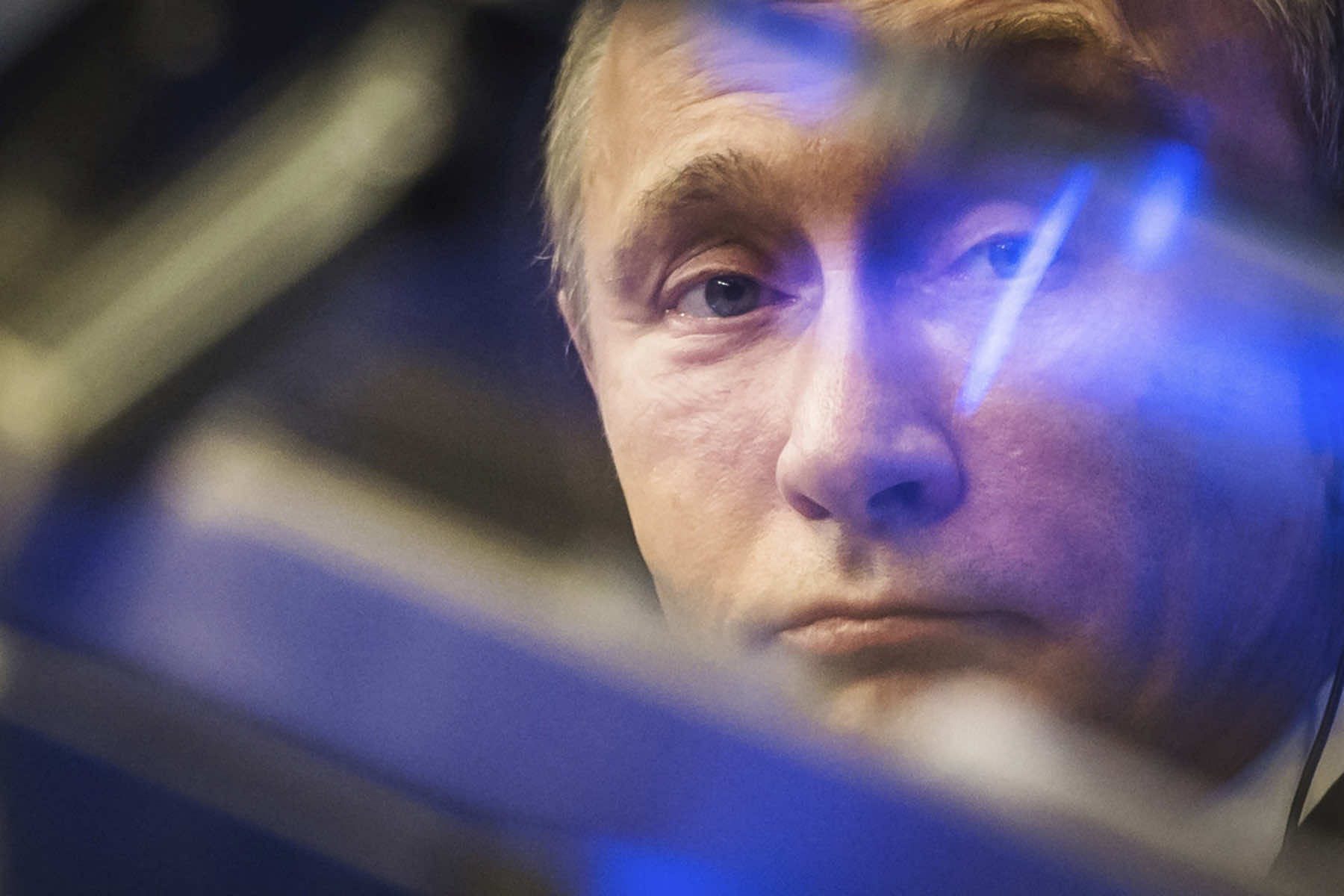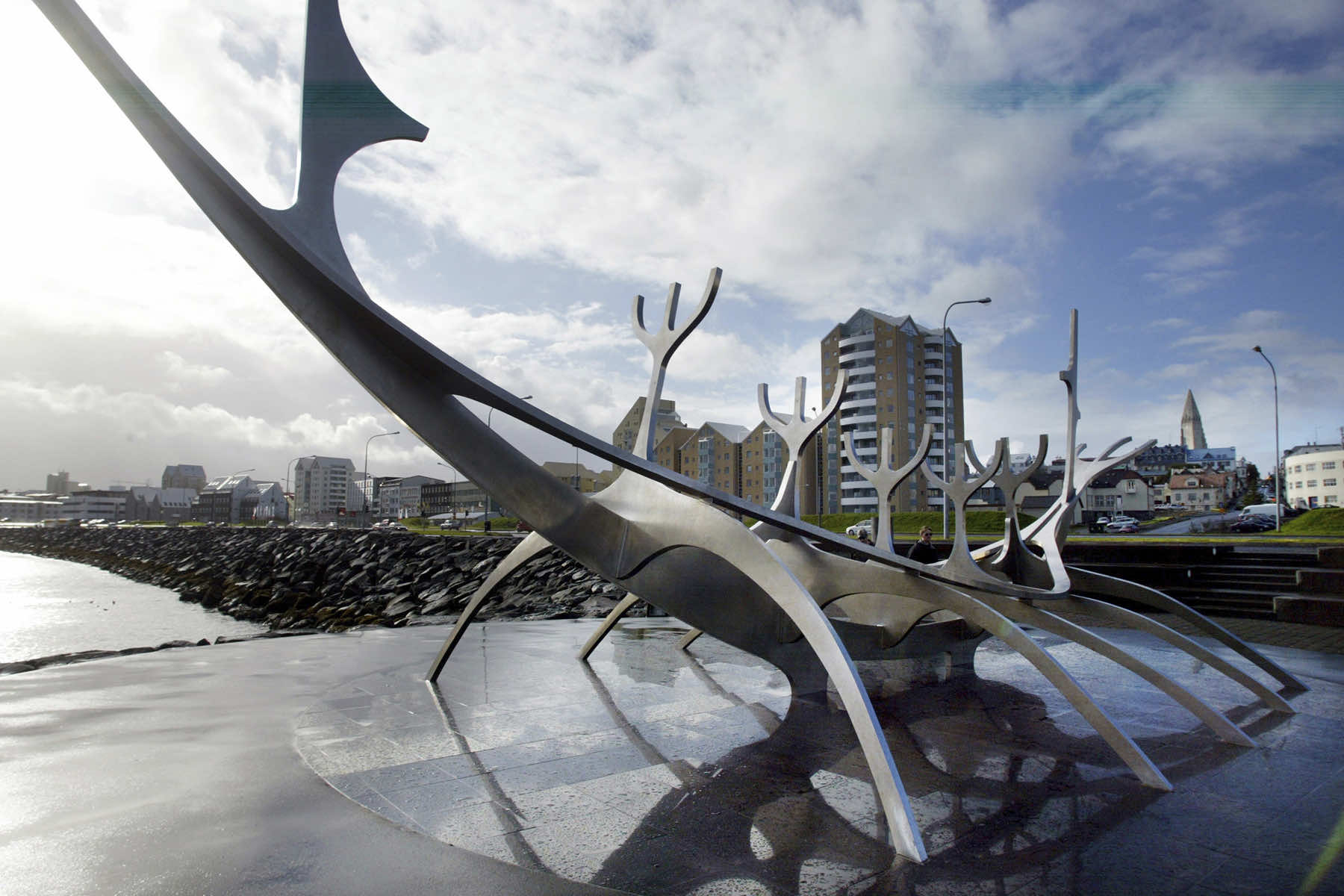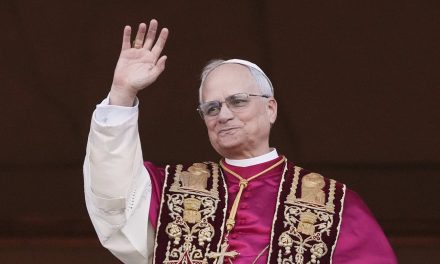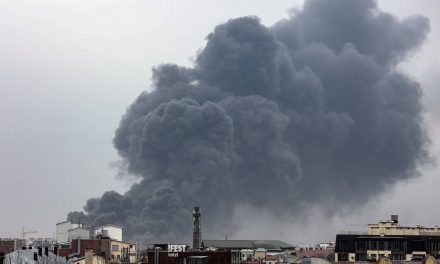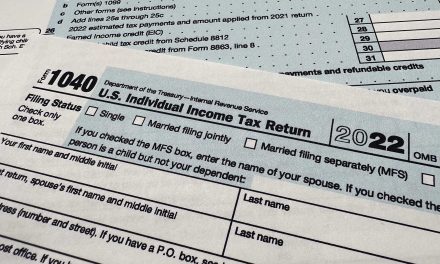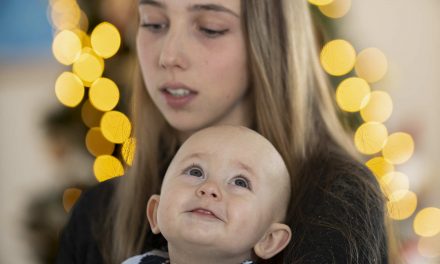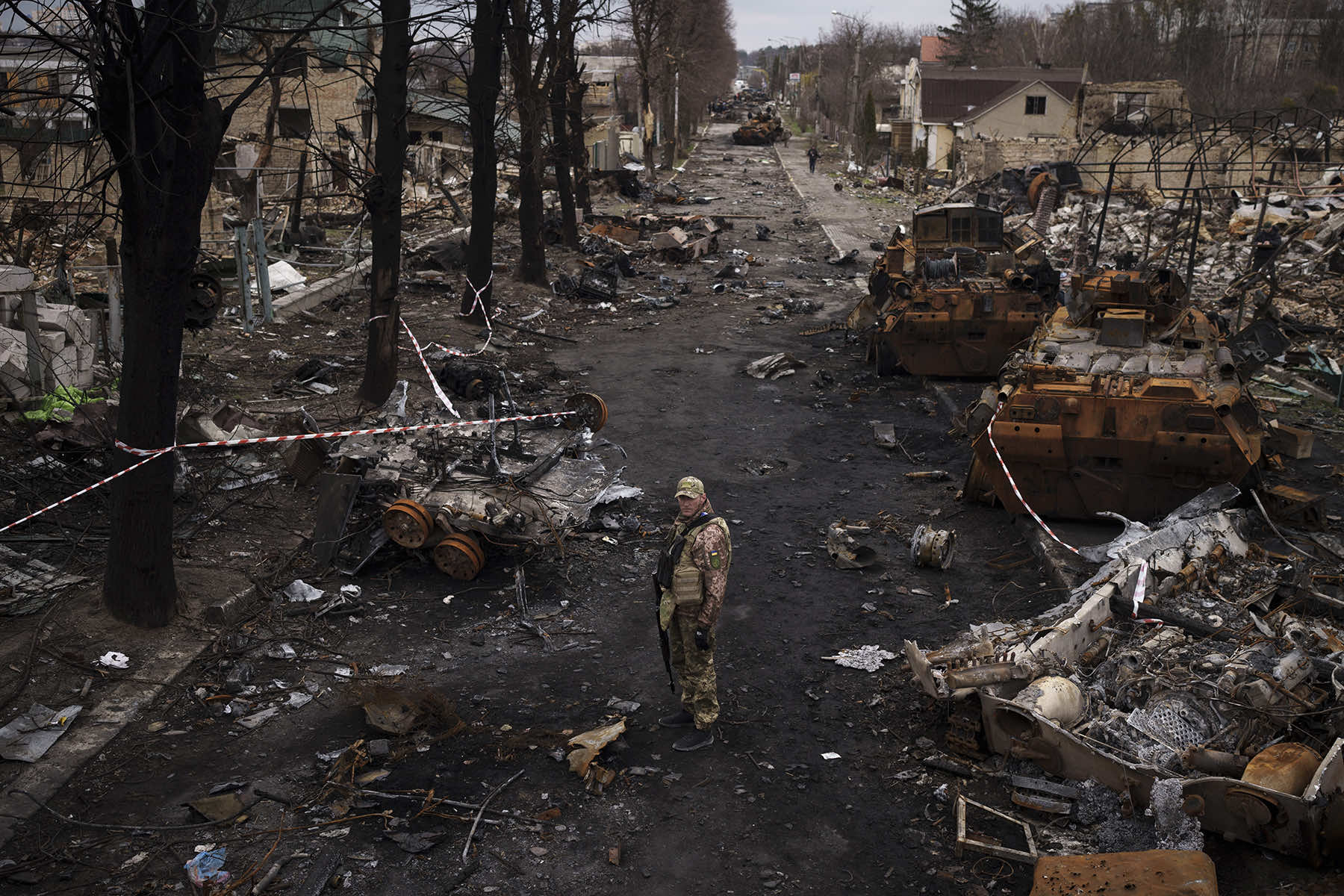
At the conclusion of their previous Council of Europe summit in 2005, the 46 member states solemnly declared they would “bear witness to unprecedented pan-European unity.”
Fast-forward 18 years, to May 16, 2023 and Europe’s pre-eminent human rights organization faces a massive war on its own continent, forcing it to gather as many of its leaders as possible in Reykjavik, Iceland, to deal with the epochal crisis in Ukraine, one of its member states.
Perhaps more heed should have been paid to Russian Foreign Minister Sergey Lavrov’s ominous warning at the summit in Warsaw, Poland that “Russia was, is, and will be a major European nation.”
Neither Lavrov, nor any Russian government official, would be flying to Europe’s far-flung island nation, since the Council expelled Russia over its February 2022 invasion of Ukraine. The two-day summit sought to reinforce a sense of common purpose and the defense of Ukraine stands out like a beacon.
The Strasbourg-based Council of Europe does not have the same high-stakes profile as, for example, the European Union. But since its inception in 1949 it has been a guardian, with fluctuating success, of human rights, democracy, and the rule of law on the continent. Rarely has the need been higher than in today’s world.
Considering the plight at home and the rumblings about an imminent counteroffensive, President Volodymyr Zelenskyy was unable to make the long trip to the island just south of the Arctic Circle.
But he found plenty willing to do the talking for him.
“I will very strongly support the creation of a dedicated tribunal to bring Russia’s crime of aggression to trial,” said EU Commission President Ursula von der Leyen.
The EU Commission President was joined by French President Emmanuel Macron, German Chancellor Olaf Scholz, and dozens of other leaders. Theire goal was to add to the military and economic aid that many European nations have already sent to Kyiv.
During the two days of speeches, roundtables, and diplomatic networking, the leaders focused on legal issues.
The Council wanted to make sure that Russia was held accountable for what it saw as a numerous war crimes committed during its unprovoked and brutal invasion. The summit also outlined the creation of a register for all the damage already caused by Russian forces – so Moscow would be held liable for compensation to the victims later.
“It will be a first step, but a very good step towards Russian compensation so far for Ukraine,” von der Leyen said.
Moscow faces faces a long list of legal challenges. In March, the International Criminal Court said it had issued an arrest warrant for Russian President Vladimir Putin for war crimes, accusing him of personal responsibility for the abductions of children from Ukraine. Another official has also been indicted.
Since the start of the war, the Russians have been accused of deporting Ukrainian children to Russia or Russian-held territories to raise them as their own. Thousands of children have been seized from schools and orphanages during Russia’s occupation of eastern Ukraine. Their whereabouts are still unknown.
The summit wanted to increase help in identifying and locating those children, and support efforts to bring them home.

